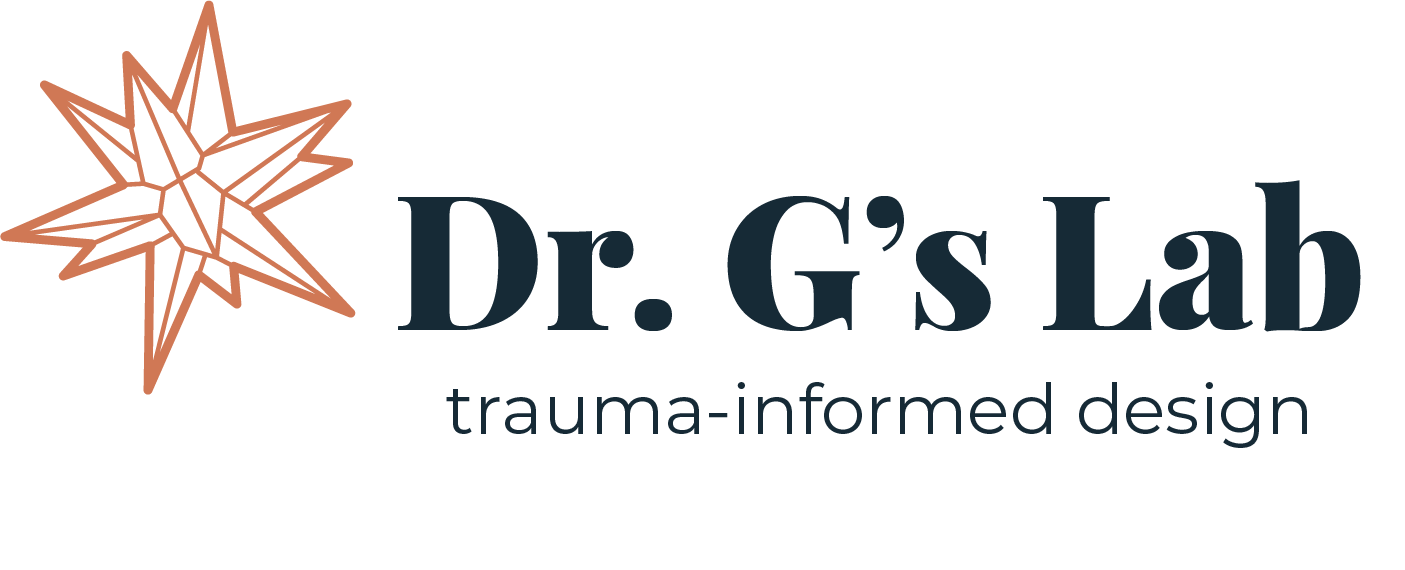The Power of Mentorship: How Peer Support is Changing the College Admissions Process
Peer Mentorship Is Making College Admissions More Accessible
How peer mentorship is revolutionizing college admissions, bridging equity gaps, and empowering the next generation of students to navigate the journey to higher education with confidence, support, and real-world guidance.
The college admissions process can feel like navigating a dense, unfamiliar forest. Prospective students, especially those from underrepresented backgrounds or first-generation families, often face this journey with limited guidance and a sense of isolation. But a powerful force is emerging to illuminate the path: peer mentorship. By connecting aspiring college students with those who have recently navigated the application maze, peer support programs are fostering confidence, demystifying the process, and ultimately changing the landscape of college admissions.
For years, the traditional model of college counseling relied heavily on school counselors, often burdened with caseloads that limited individual attention, and expensive private consultants accessible to a privileged few. This created significant equity gaps, leaving many talented students feeling lost and unprepared. Peer mentorship offers a vital alternative, providing relatable guidance from individuals who intimately understand the anxieties, challenges, and triumphs of applying to college.
The Power of Peer Mentorship
The benefits of peer mentorship in college admissions are multifaceted and deeply impactful. Mentors, often current college students or recent graduates, can offer:
Relatable Experience and Empathy: Unlike adults who may be decades removed from the process, peer mentors have fresh memories of writing essays, studying for standardized tests, and navigating financial aid applications. This shared experience fosters a sense of understanding and empathy that can be incredibly reassuring for mentees. They can say, "I've been there, and here's how I got through it."
Practical, Insider Knowledge: Mentors can provide invaluable, practical advice that isn't always found in official guides. They can share tips on crafting compelling personal essays, preparing for interviews, understanding the nuances of different college cultures, and even navigating the often-confusing world of social media presence during applications.
Increased Confidence and Motivation: The encouragement and belief of a peer mentor can significantly boost a student's confidence and motivation. Knowing that someone who was recently in their shoes successfully navigated the process can inspire hope and empower students to persevere through challenges.
Demystification of the Process: The college application process can seem opaque and intimidating. Peer mentors can break down complex tasks into manageable steps, clarify confusing terminology, and offer a sense of transparency that reduces anxiety and fosters a feeling of control.
Support and Community: Beyond practical advice, peer mentorship programs often create a sense of community among mentees. Sharing experiences and challenges with peers who understand can combat feelings of isolation and build a supportive network.
Numerous organizations and initiatives are recognizing the power of peer mentorship and actively implementing these programs. From online platforms connecting mentors and mentees across geographical boundaries to local community-based initiatives, the movement is gaining momentum. These programs are often designed to specifically support students from underrepresented backgrounds, first-generation students, and those who lack access to traditional college counseling resources, thereby working to level the playing field in college admissions.
The impact of these programs is becoming increasingly evident. Studies and anecdotal evidence suggest that students who participate in peer mentorship programs are more likely to:
Apply to a wider range of colleges.
Feel more prepared and confident throughout the application process.
Successfully navigate financial aid and scholarship applications.
Ultimately enroll in college.
The rise of peer mentorship in college admissions signifies a positive shift towards a more equitable and supportive system. By harnessing the power of shared experience and relatable guidance, these programs are not just helping individual students navigate the challenging path to higher education; they are fundamentally changing the college admissions process, making it more accessible, less intimidating, and ultimately, more successful for a wider range of aspiring scholars. As these initiatives continue to grow and evolve, the future of college admissions looks brighter, guided by the empowering influence of peer support.


